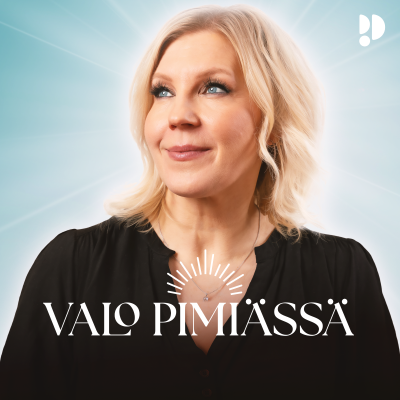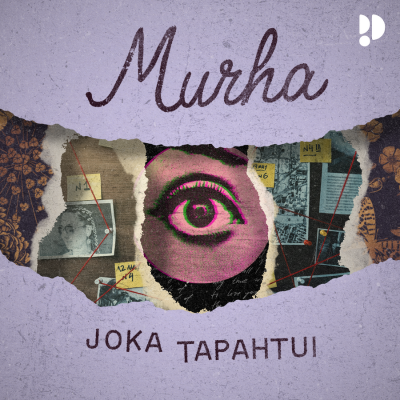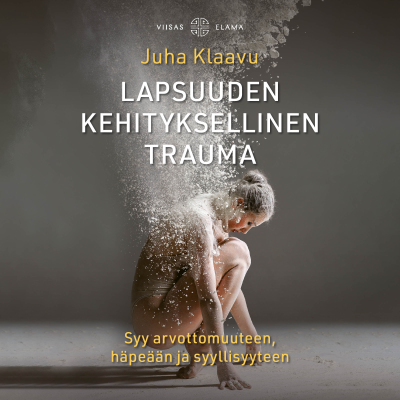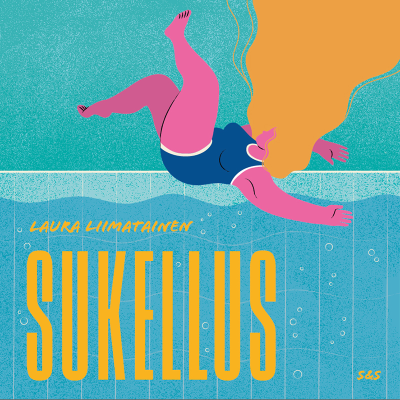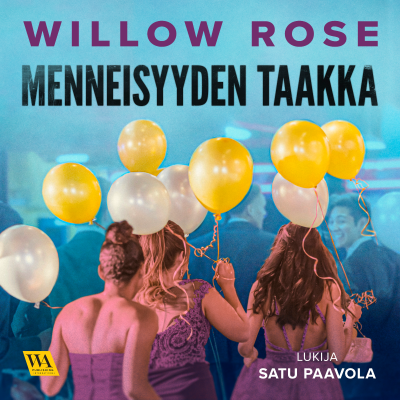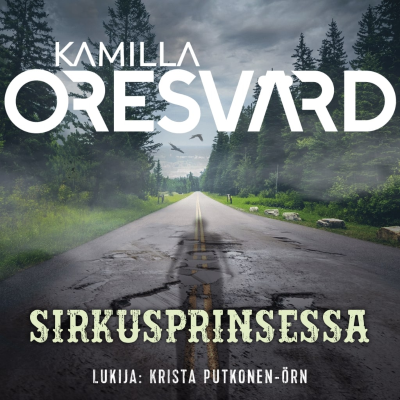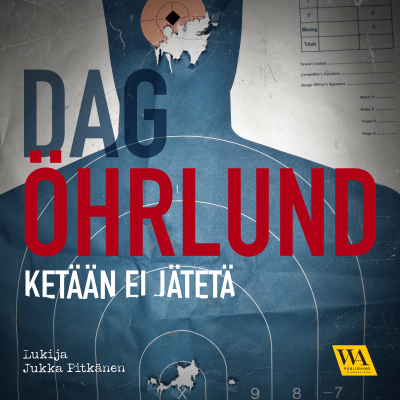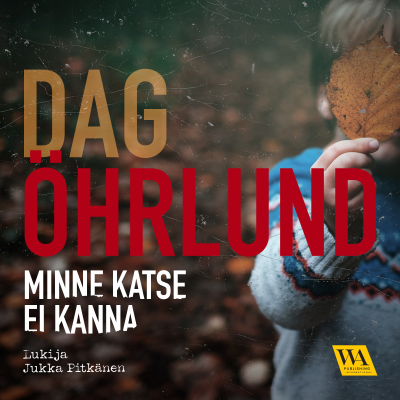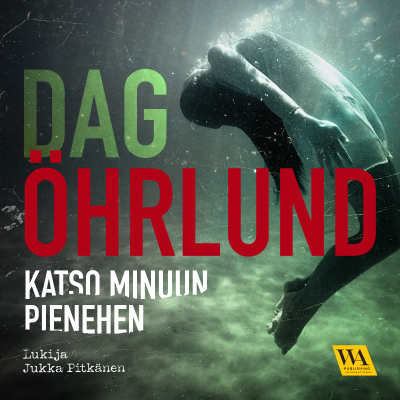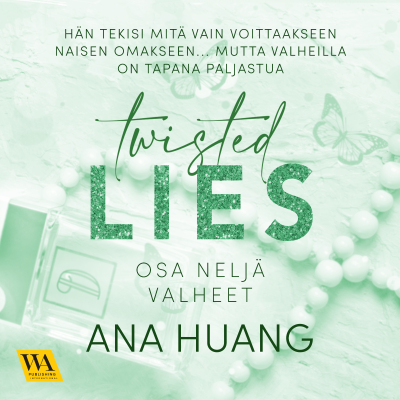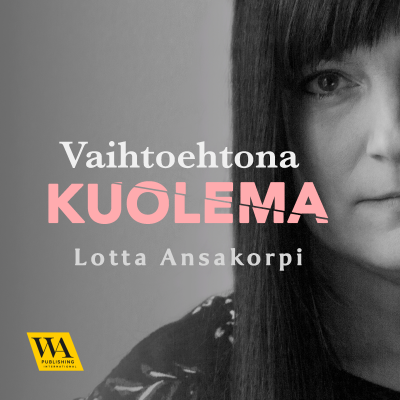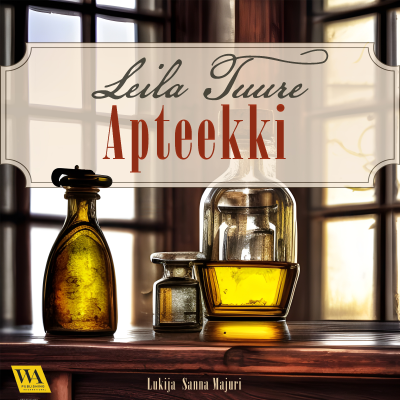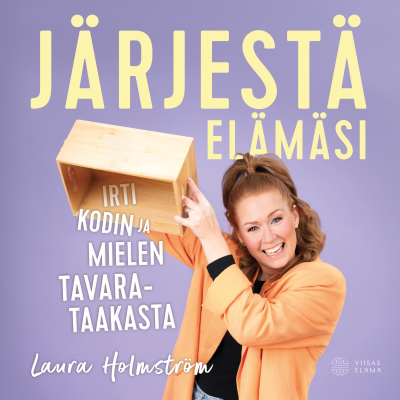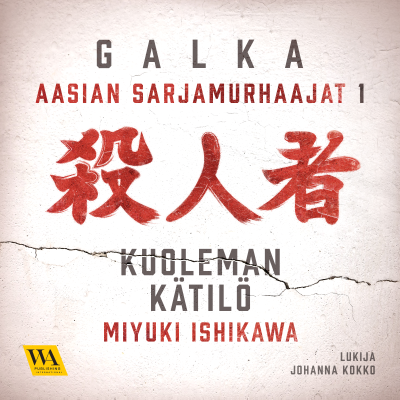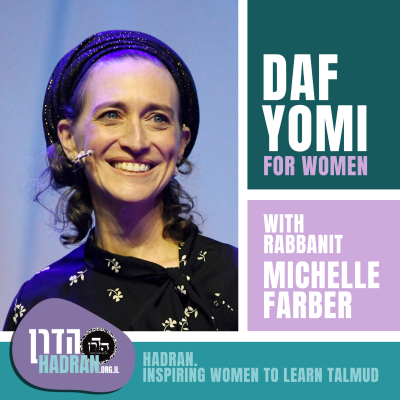
Daf Yomi for Women - Hadran
Podcast by Michelle Cohen Farber
30 vrk ilmainen kokeilu
Kokeilun jälkeen 7,99 € / kuukausi.Peru milloin tahansa.

Enemmän kuin miljoona kuuntelijaa
Tulet rakastamaan Podimoa, etkä ole ainoa
Arvioitu 4.7 App Storessa
Lisää Daf Yomi for Women - Hadran
Hadran.org.il is the portal for Daf Yomi studies for women. Hadran.org.il is the first and only site where one can hear a daily Talmud class taught by a woman. The classes are taught in Israel by Rabbanit Michelle Cohen Farber, a graduate of Midreshet Lindenbaum’s scholars program with a BA in Talmud and Tanach from Bar-Ilan University. Michelle has taught Talmud and Halacha at Midreshet Lindenbaum, Pelech high school and MATAN. She lives in Ra’anana with her husband and their five children. Each morning the daf yomi class is delivered via ZOOM and then immediately uploaded and available for podcast and download. Hadran.org.il reaches women who can now have access to a woman’s perspective on the most essential Jewish traditional text. This podcast represents a revolutionary step in advancing women’s Torah study around the globe.
Kaikki jaksot
271 jaksotStudy Guide Avodah Zarah 46 [https://hadran.org.il/wp-content/uploads/2025/07/Study-Guide-Avoda-Zara-46.pdf]
Study Guide Avodah Zarah 45 [https://hadran.org.il/wp-content/uploads/2025/07/Study-Guide-Avoda-Zara-45.pdf]
Study Guide Avodah Zarah 44 [https://hadran.org.il/wp-content/uploads/2025/07/Study-Guide-Avoda-Zara-44.pdf]
Today’s daf is sponsored by Marcia Baum in memory of Sam Baum חיים שמחה בן אהרון הלוי וליבה on his 22nd yartzeit. "My father was a larger-than-life individual whose impact is still felt to this day. He would be immensely proud of his daughters and their progeny! " What are the laws of bishul akum (food cooked by a non-Jew)? Under what conditions is it permitted and when is it forbidden? If a Jew is involved in part of the cooking process, it is permitted - what type of involvement is necessary?
Today's daf is sponsored by Doreen Samuels for the shloshim of her dear mother, Elaine Charlton, Ella bat Rachmiel v'Riva Leah, z"l, on 23rd July - 27th Tammuz 5785. She was so proud of my Jewish learning." Rav and Shmuel disagree about the reason and origin of the prohibition on consuming oil from non-Jews. Rav maintains that Daniel instituted the ban to prevent intermarriage, while Shmuel attributes it to concerns of kashrut, arguing that the oil was placed in vessels previously used for non-kosher foods, causing flavor absorption. Three objections are raised against Rav’s view, prompting revisions based on other teachings. Rav holds that Daniel prohibited the oil within city limits, while Hillel and Shamai's students extended the prohibition to the fields as part of the eighteen decrees enacted on a day when Shamai’s students outnumbered Hillel’s and successfully passed rulings by majority. That same day, wine and bread from non-Jews were also banned due to concerns related to their daughters—potentially leading to idol worship and “something else.” Two interpretations are offered regarding "their daughters." Rav Nachman bar Yitzchak claims that the rabbis designated all non-Jewish females as possessing nidda impurity from birth, while Genieva, quoting Rav, suggests the concern was intermarriage. The Gemara challenges Rav’s reasoning—intermarriage is already prohibited by Torah law. After a chain of responses and further inquiries, the conclusion is that Rav saw the decree as either a prohibition on marrying non-Jews outside the seven nations (if Torah law applies only to those) or a ban on seclusion with a non-Jewish woman. To what was the "something else" referring?

Arvioitu 4.7 App Storessa
30 vrk ilmainen kokeilu
Kokeilun jälkeen 7,99 € / kuukausi.Peru milloin tahansa.
Podimon podcastit
Mainoksista vapaa
Maksuttomat podcastit







